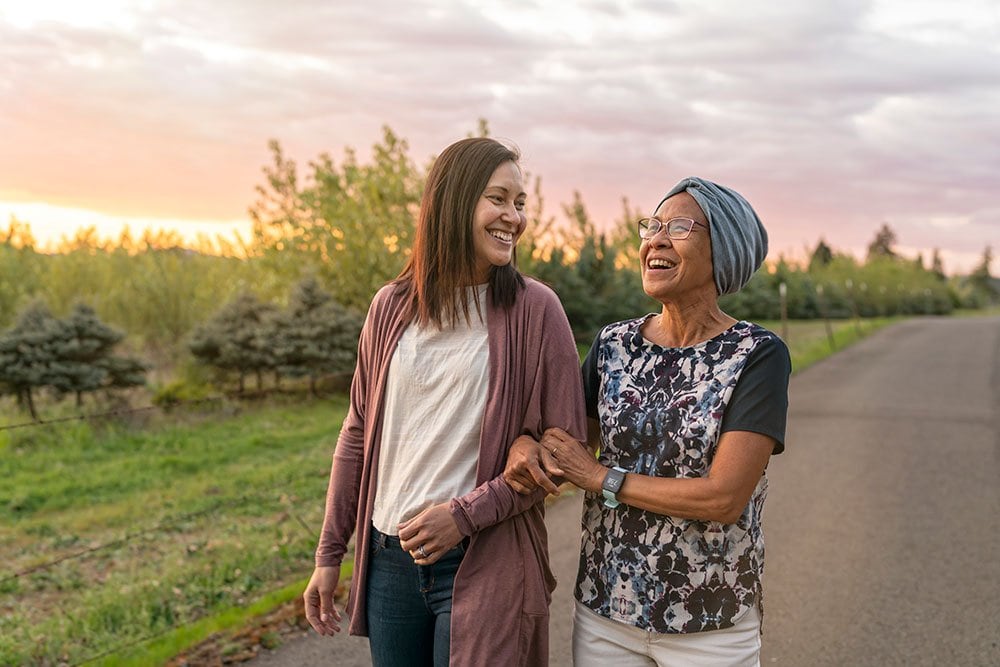Supporting Mental Health in Minnesota's Rural Communities
 Recent statistics from the Minnesota Department of Health show higher rates of suicide death in rural areas. Between 2018 and 2021, the number of suicides in rural areas was approximately 36 percent higher than their urban counterpart. The data shows an alarming relationship between geographic area and rate of suicide.
Recent statistics from the Minnesota Department of Health show higher rates of suicide death in rural areas. Between 2018 and 2021, the number of suicides in rural areas was approximately 36 percent higher than their urban counterpart. The data shows an alarming relationship between geographic area and rate of suicide.
Why are suicide rates higher in Minnesota's rural communities?
One of the primary reasons contributing to the higher rates of suicide in rural communities has been a lack of consistent access to mental health support. Urban areas have more resources and options available to them. Typically, rural communities have one small clinic or hospital where access to behavioral health services is limited or nonexistent.
Rural communities often lack access to community-wide mental health education. When you combine that with the high stigma associated with mental illness and privacy concerns, it can lead to fewer people seeking the support available to them.
Financial barriers, transportation issues and higher access to firearms in a time of crisis also contribute to the higher suicide statistics in rural Minnesota.
What is CentraCare doing to combat these alarming statistics?
Knowing this, CentraCare continues to invest mental health resources into our rural communities to help change the culture and stigma surrounding mental health and suicide.
We screen all our patients ages 11 and older yearly for depression, and more frequently if they have a known history of depression. We have mental health support services in many of our clinics and all our hospitals, both in emergency departments and inpatient medical areas.
CentraCare offers Integrated Behavioral Health (IBH) services at most primary care and some specialty care clinics. IBH providers can meet virtually in rural clinics to provide short-term support and connect residents with essential resources.
We also provide virtual Outpatient Behavioral Health Services to make appointments easier for our rural residents to access care.
Educational opportunities are offered regularly and supported by our health system to encourage providers and other support staff to better understand the risk of suicide and how to identify it. The CentraCare Suicide Prevention Program offers free suicide prevention training for all our communities.
How can I access more support?
It's important to speak with your primary care physician. A physician can help connect you with a mental health professional and work with you directly in your local clinic. If CentraCare is your primary care provider, ask your doctor to connect you with an IBH professional. They can help you with coping skills, grief support, and provide resources and therapy needs.
If suicide is a concern for you or someone you know, reach out for help. You can learn the warning signs and ways to start a conversation about suicide by visiting Take 5 to Save Lives.
You don't have to go through this alone. If you or someone you care about is having thoughts of suicide or an emotional crisis, call or text 988 Suicide & Crisis Lifeline for 24/7 support.